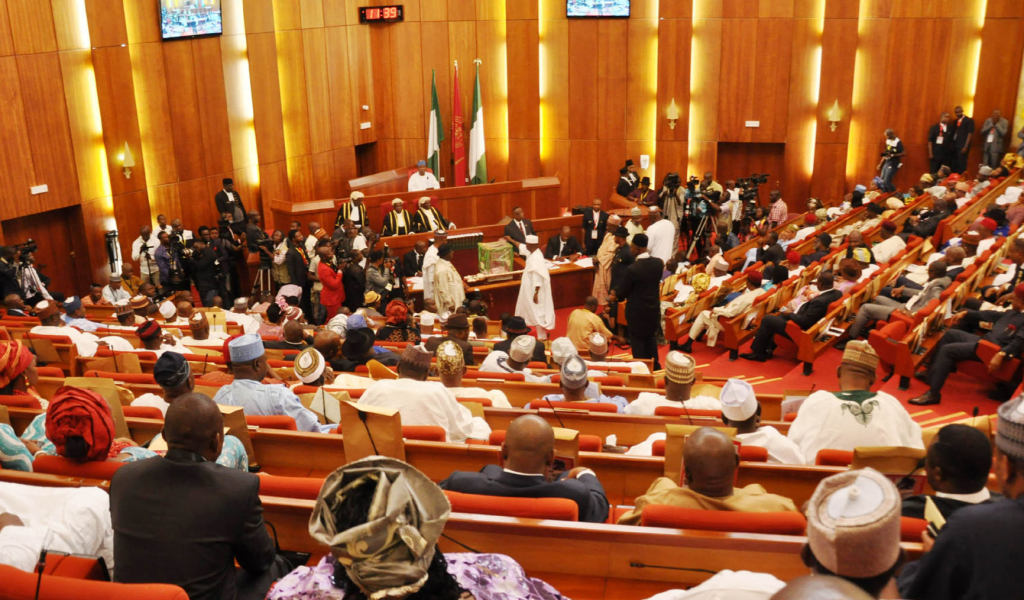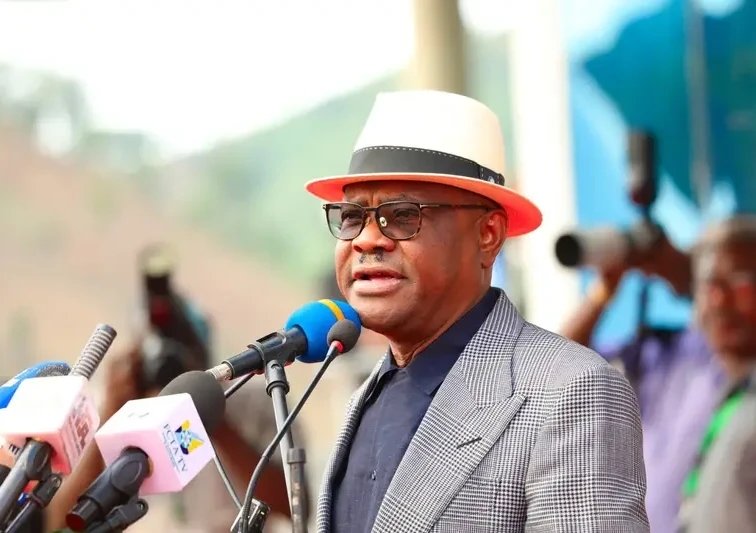Nigeria’s Oil Revenue Grows, National Debt Reduces
The Nigerian Federal Government has announced a significant growth in oil revenue, with the country’s oil revenue increasing from 11% in the first half of 2023 to 30% in the first half of 2024. This milestone was revealed by the Minister of Finance and Coordinating Minister of the Economy, Wale Edun, in a statement.
According to Edun, the growth in government revenue is attributed to the reconfiguration and improvement in government finances. The Minister also highlighted the government’s determination to mobilize non-oil revenue, which has consistently delivered impressive results. For the half-year 2024, non-oil revenue surpassed the revenue in the first half of 2023 by 30% above the 2024 budget target without any increases in taxes.
On debt, Edun stated that President Bola Tinubu’s administration has been working to manage and reduce the national debt to create better fiscal headroom for economic management. The Minister revealed that Nigeria’s debt burden has reduced, with the government’s debt falling from $108 billion to $91 billion in dollar terms.
The government has also taken steps to improve its debt service-to-revenue ratio, which has declined from 97% in the first half of 2023 to 68% in 2024. The Minister emphasized that the government’s strong position in managing its debt obligations is a major achievement.
In addition to its debt management efforts, the government has prioritized reducing the budget deficit. According to Edun, the 2024 budget deficit has moved in the right direction, with a target of 4.1% of Gross Domestic Product (GDP), an improvement from the 6.1% deficit recorded in 2023.
The Minister expressed optimism that inflation, which is currently experiencing a “sticky” period, will decelerate and come down due to the government’s commitments and actions. He highlighted the government’s efforts to attract more foreign inflows into the economy, including implementing the national single window project, which is expected to generate $2.7 billion annually in economic benefits.
The government has also implemented several initiatives to address the current high cost of living and bring relief to the masses. These include a strategic input programme to increase the supply of food, a pivot to Compressed Natural Gas (CNG) fuel for mass transit vehicles, and lower-cost financing for the manufacturing industry and production.
The Minister sympathized with Nigerians for the current hardship, noting that it will soon blow away. He expressed confidence in the government’s ability to manage the economy and thanked Nigerians for their patience and cooperation.
Overall, the government’s efforts to reduce debt, improve revenue, and increase foreign inflows are yielding positive results, and the country is on a path towards economic stability and growth.

![omotola jalade: genevieve feud never existed, fans to blame 'We don't need to be best friends' - Omotola speaks on alleged feud with Genevieve [VIDEO]](https://mediatalkafrica.com/wp-content/uploads/2026/02/xOmotola-Jalade-Genevieve-Feud-Never-Existed-Fans-to-Blame-1024x614.jpg.pagespeed.ic.zeCHer5yVF.jpg)

